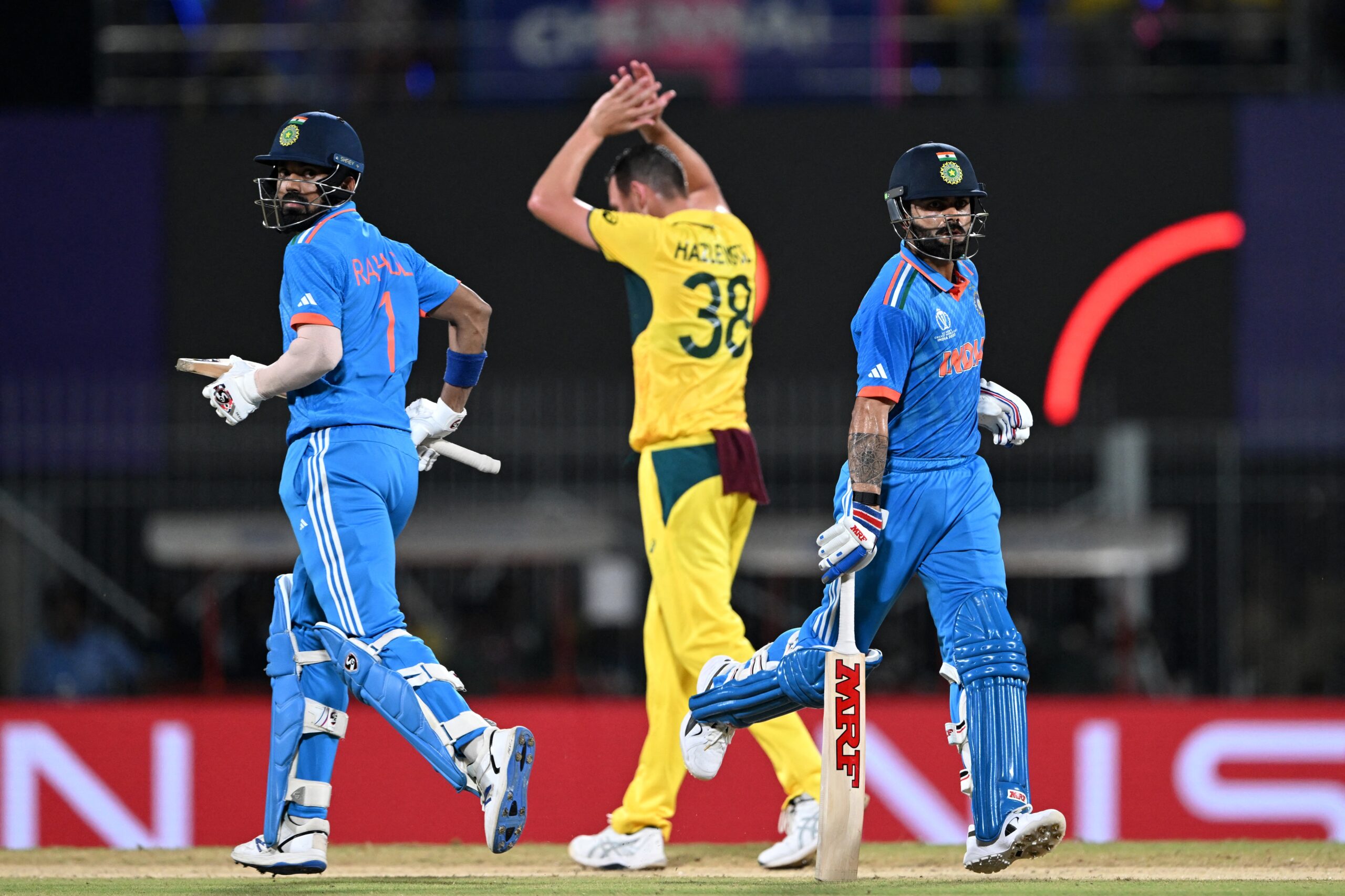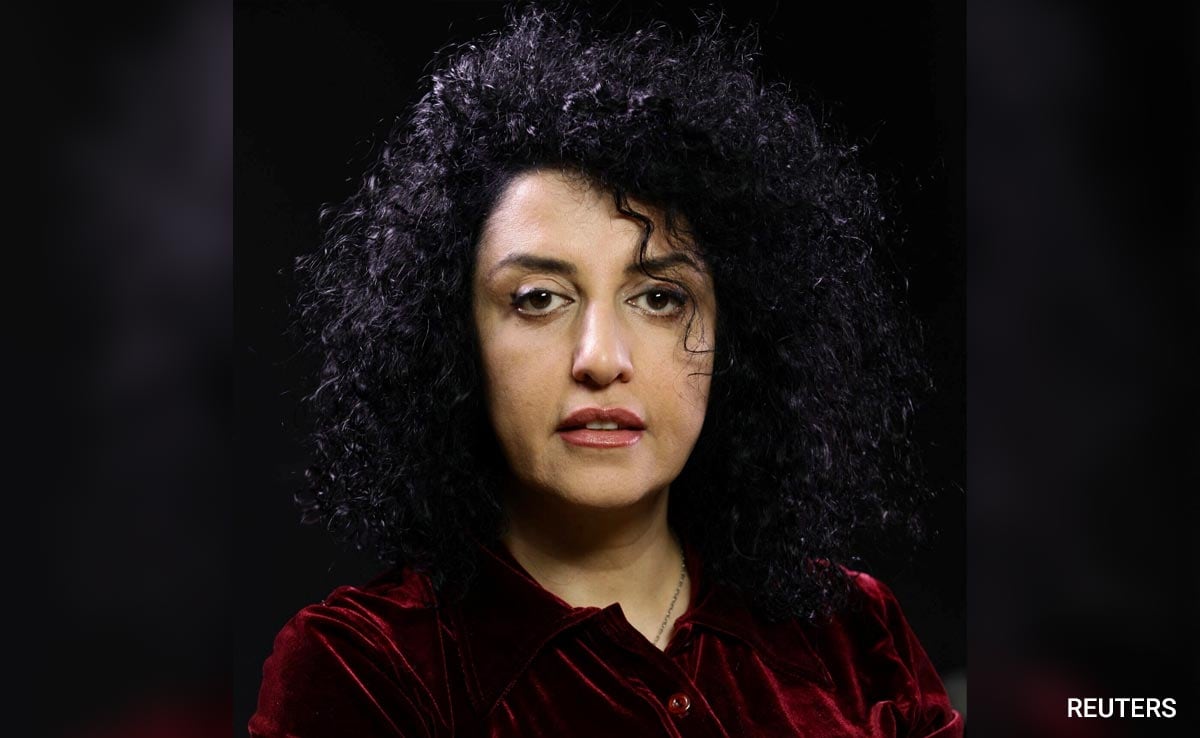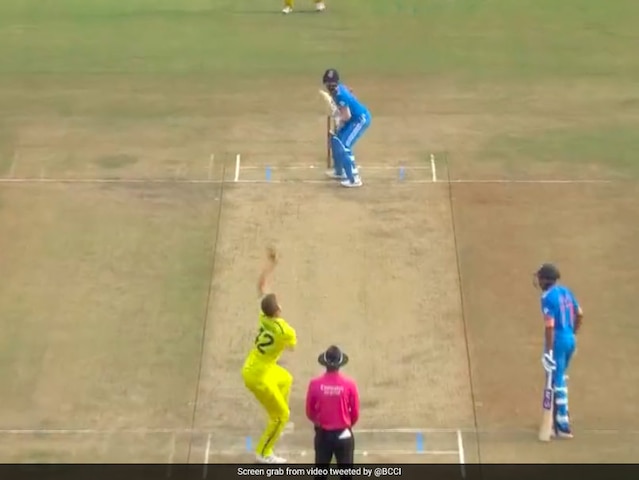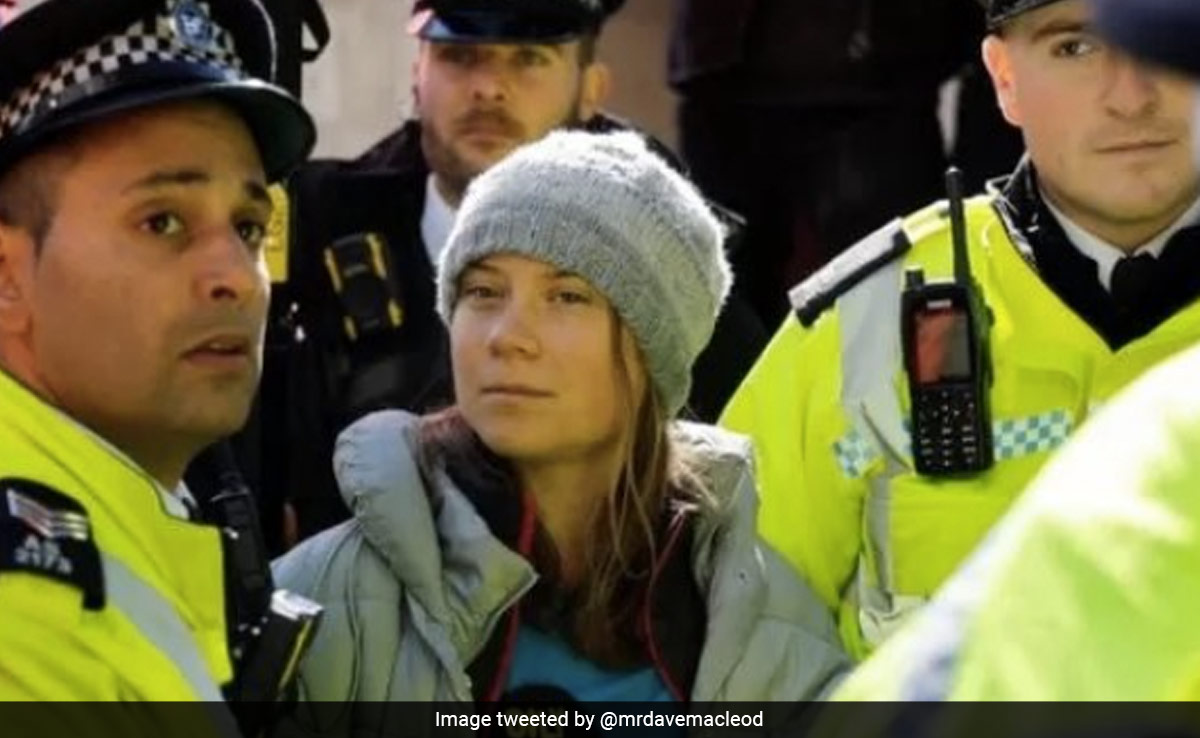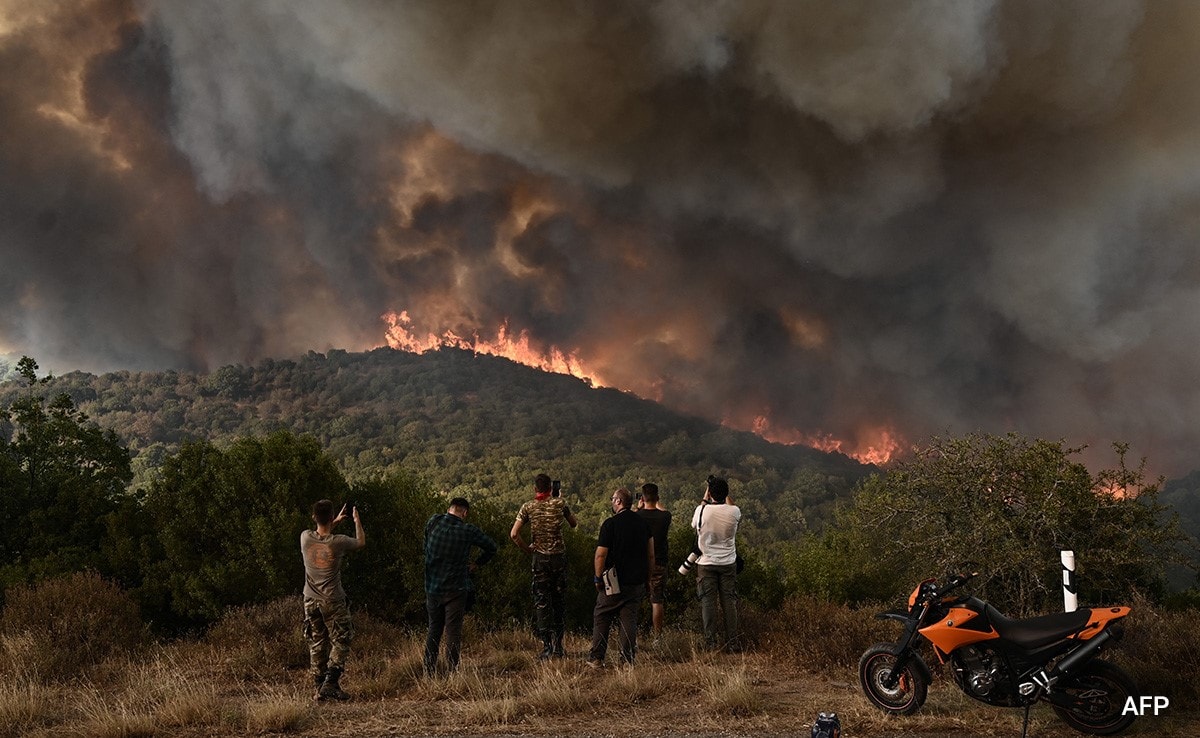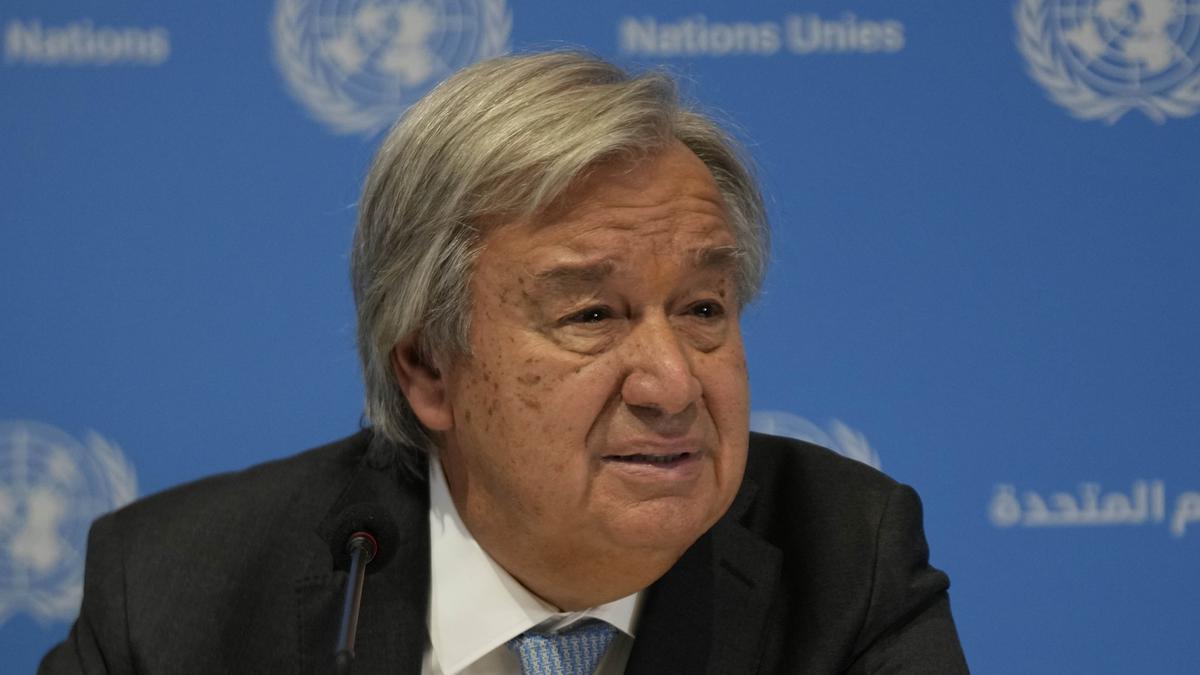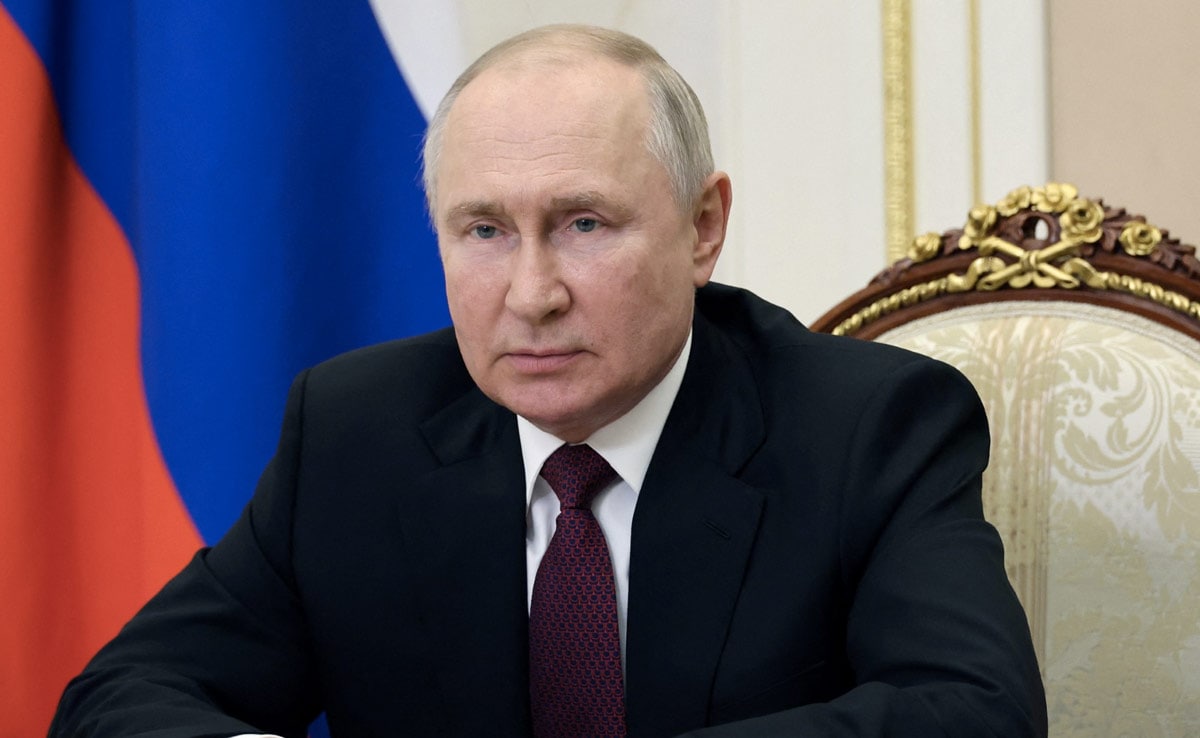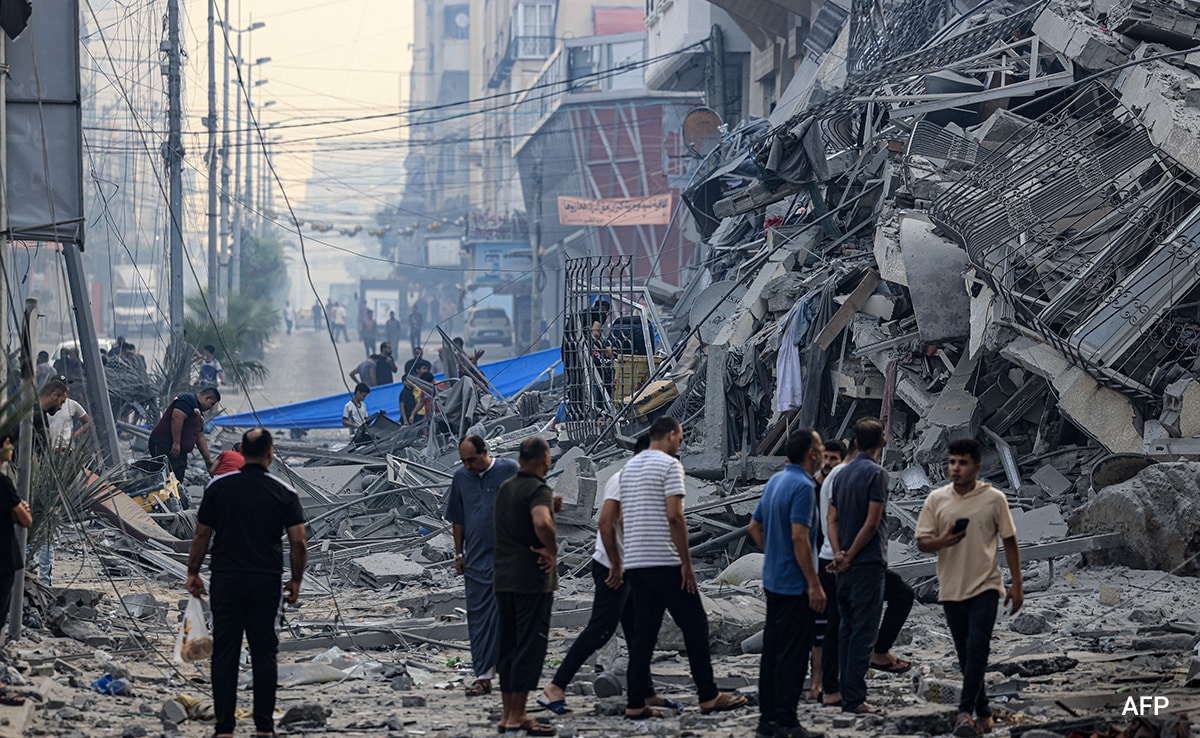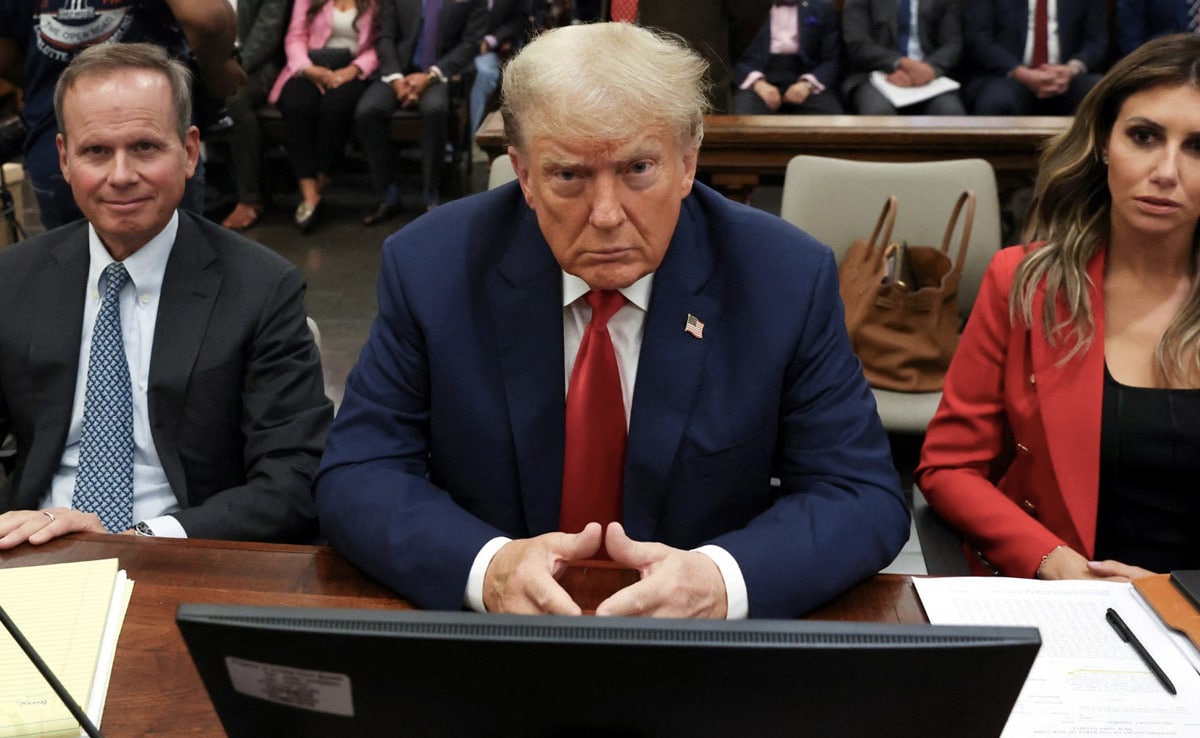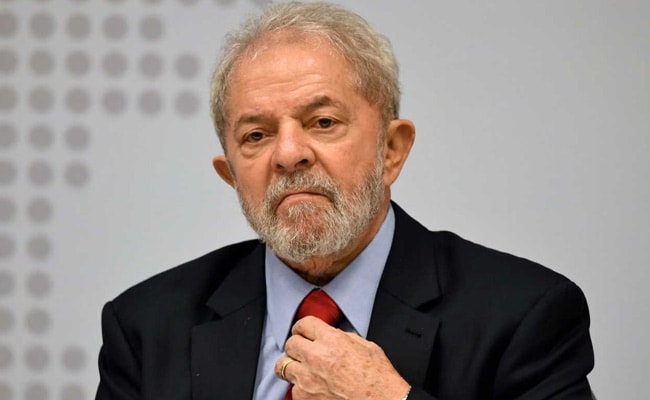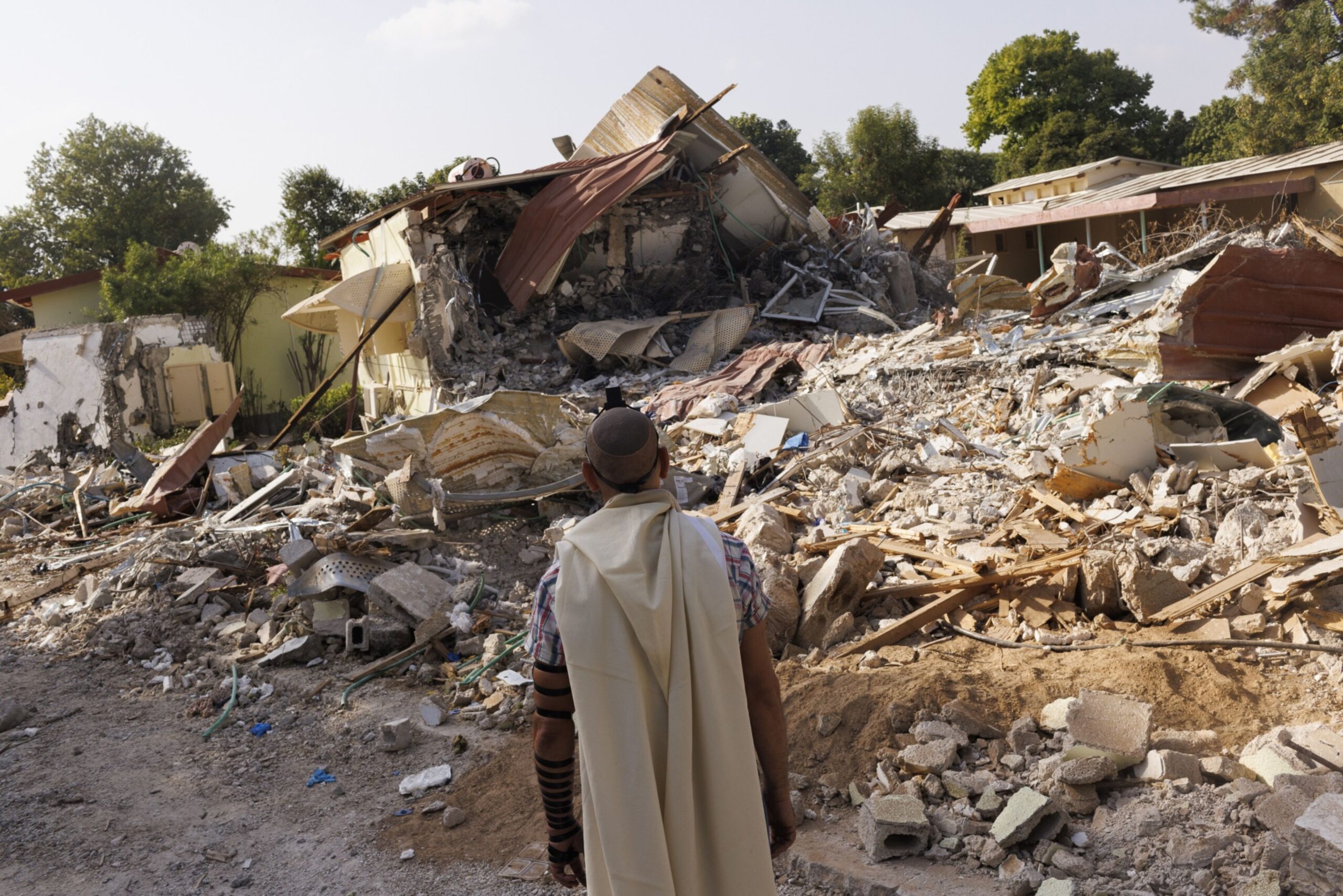The imposition of severe restrictions on independent media by governments has become “a recurring feature of the continuing crisis of democracy in South Asia”, prominent academicians, journalists and activists from the region have noted, calling for a collective response from South Asia.
“The unending assault on free expression and democratic rights in South Asia is no longer a country-specific development. Neither is it confined to specific nation states. Rather it is a regional phenomenon, signalling a new and worsening phase of democratic backsliding in South Asia,” they said in a statement issued on Tuesday.
Among the signatories to the statement are Jayadeva Uyangoda, senior political scientist and Professor Emeritus at the University of Colombo, and several other academics from University of Jaffna and the University of Peradeniya, Sri Lanka; M.A. Sumanthiran, senior lawyer and Member of Parliament, Sri Lanka; Radhika Coomaraswamy, Fellow, International Centre for Ethnic Studies, Colombo; Kanak Dixit, Founder, Himal Southasian, Kathmandu; Roman Gautam, Editor, Himal Southasian, Kathmandu; Nalaka Gunawardena, media analyst, Colombo; Sakuntala Kadirgamar, Executive Director, Law and Society Trust, Colombo; and P. Saravanamuttu, Executive Director, Centre for Policy Alternatives, Colombo.
“The recent raids by the Delhi Police on 46 houses of journalists connected with the Indian news portal NewsClick illustrates this shocking trend. More unsettling is the arrest of Prabir Purkayastha, its Editor-in-Chief, and Amith Chakravorty, its Head of Human Resources, on the pretext of investigating them for a “terror case with Chinese links,” their statement said.
“We join the progressive media, civil society organisations and activists in India to condemn in no uncertain terms this brazen attack by the government on the free media. Harassment and intimidation of the independent media by the misuse of the police and state agencies for narrow political gains is part of a growing trend in a country claimed to be the ‘Mother of Democracy.’ Many commentators have likened this trend to the stifling times of the Emergency in India during the 1970s, although a State of Emergency has not been formally declared now,” the public intellectuals noted.
Pointing to cases of harassment targeting journalists and activists in Bangladesh, they said: “We particularly take note of the recent jailing of Adilur Rahman Khan and Nasiruddin Elan, two leading human rights campaigners attached to Odhikar, Bangladesh, a leading human rights documentation and reporting centre.” Further, they pointed to the ‘Online Safety Bill’ in Sri Lanka, a proposed legislation that, they said, provides a “draconian legal framework” to potentially stifle dissent and free expression.
“Such moves have a chilling effect on journalists and rights defenders, inhibiting them from speaking truth to power,” the signatories noted with concern.
The latest developments in Bangladesh, India and Sri Lanka ring “an alarm bell for all of us in South Asia”, they observed.
“In their decided attempts to target journalists, or to harass or silence other dissenting voices, our governments have begun to employ the new tactic of portraying journalists and citizen-activists who dare to expose the misdeeds of those in power as “anti-national” and threats to national security. By denying the citizens the democratic space for critical questioning, dissent and debate, and deploying the coercive power of the state in full force against the media and the media professionals, our governments seem to show how impatient they are to drag our countries into a new phase of authoritarian decay. This indeed is bad political news for the whole of South Asia,” the statement said.
Therefore, struggles for media freedom in India, Bangladesh, Sri Lanka or elsewhere in the region are to be viewed as “integral to the struggle for democracy in South Asia as a whole”, the signatories contended.
“Amid the heightening attacks on free media and the right to free expression, we must respond collectively as South Asians. We must resist tyranny in all forms, and fight to restore and strengthen our fundamental rights and democratic freedoms. We must resolve to look out for each other, assert our rights, and defend our freedoms within and beyond our individual nation-states,” they said, demanding the immediate release of Prabir Purkayastha and Amith Chakravorty of NewsClick, and Adilur Rahman Khan and Nasiruddin Elan of Odhikar.
“We also urge all South Asians concerned with media freedom, human rights, and rule of law to campaign together to defend democracy in the region through solidarity and joint action beyond the nation-state boundaries,” they said.

